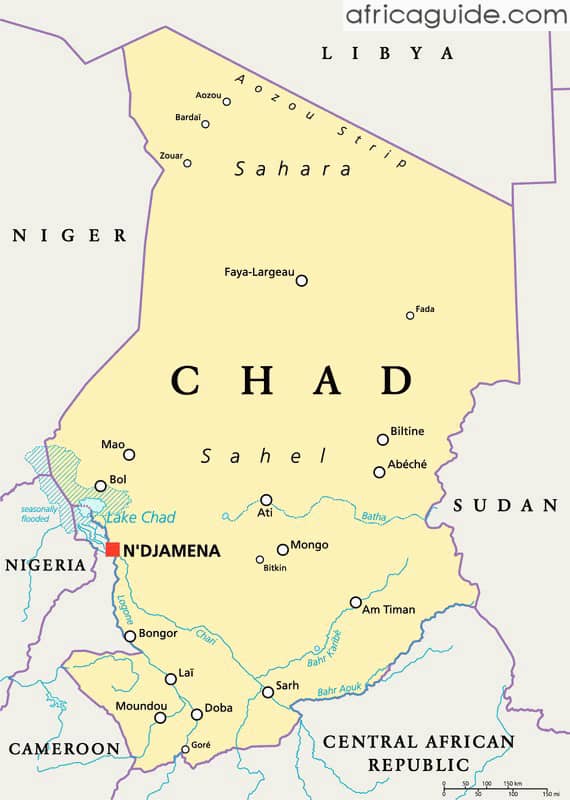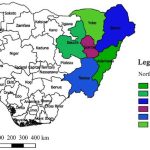By Mutu Bukar
Chad, a landlocked country in Central Africa, has long been perceived as a crucial ally and former colony of France. For decades, France’s influence over Chad has shaped its political, economic, and cultural systems, often in ways that have sparked both cooperation and contention.
Recent developments, however, suggest a seismic shift in this relationship. Chad is increasingly distancing itself from France, signaling a bold move toward asserting its sovereignty and redefining its place on the global stage.
For many African nations, the legacy of colonialism remains a double-edged sword. Chad, which gained independence from France in 1960, has continued to grapple with the lingering impact of French influence on its governance and economy.
France’s involvement in Chad’s affairs, from providing military support to influencing domestic policies, has often been viewed as both a stabilizing force and a hindrance to true self-determination.
The current administration in Chad appears determined to chart a new course. Central to this shift is a desire to reduce dependency on France and diversify the country’s international alliances.
By doing so, Chad aims to regain control over its natural resources, particularly its oil wealth, which has often been managed in ways that critics argue disproportionately benefit French interests.
Another driving factor in Chad’s decision to distance itself from France is the changing perception of French presence across Africa. In recent years, anti-French sentiment has gained momentum in many former colonies, fueled by frustrations over economic inequality, perceived exploitation, and political interference.
This wave of discontent has emboldened countries like Chad to reconsider their relationships with France and seek new partners.Chad’s leadership has also been influenced by the growing presence of global powers like China, Russia, and Turkey in Africa.
These nations offer alternative partnerships that prioritize investment in infrastructure, trade, and technology without the historical baggage of colonialism.
By diversifying its diplomatic ties, Chad hopes to benefit from these emerging opportunities while reducing reliance on France.However, Chad’s decision to distance itself from France comes with significant challenges.
France has been a key provider of military support, particularly in combating terrorism in the Sahel region. The withdrawal of French troops or a reduction in military cooperation could leave Chad vulnerable to extremist threats.
Balancing national security with the pursuit of sovereignty will require strategic planning and collaboration with other international partners.
Economically, the transition away from French dominance will also require time and effort.
Chad’s reliance on French companies for infrastructure development, energy production, and trade will need to be replaced with new partnerships.
Building a self-reliant economy capable of supporting its people and reducing poverty will be crucial in this new era.
For Chad’s citizens, this shift represents both hope and uncertainty. Many see it as an opportunity to reclaim their national identity and ensure that Chad’s wealth serves its people rather than foreign interests.
At the same time, there are concerns about how this transition will impact the country’s stability and future development.In asserting its independence from France, Chad joins a growing list of African nations taking bold steps to redefine their post-colonial relationships.
This moment marks a turning point, not only for Chad but for the broader narrative of Africa’s quest for sovereignty and self-determination.The road ahead will not be without obstacles.
Yet, Chad’s decision to chase France out of its affairs sends a powerful message: the era of dependency is fading, and a new chapter of African agency is emerging.
If managed wisely, this shift could pave the way for a more prosperous, equitable, and self-reliant Chad, inspiring other nations to follow suit.
Muti Bukar is a 300 level Student from Mass Communication Department Borno State University Maiduguri.











